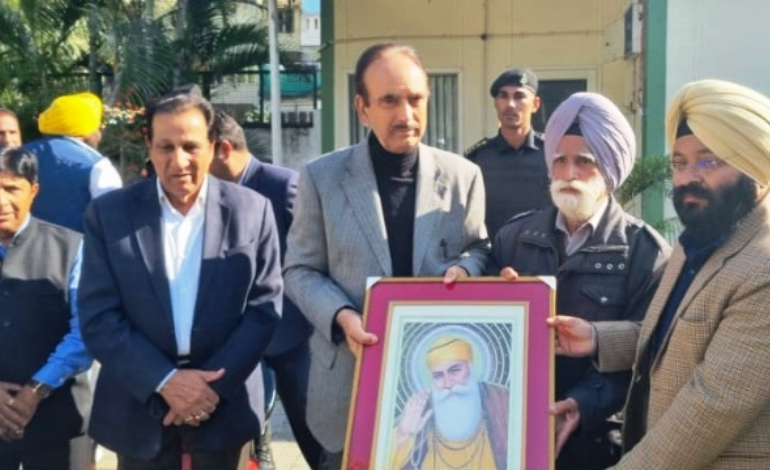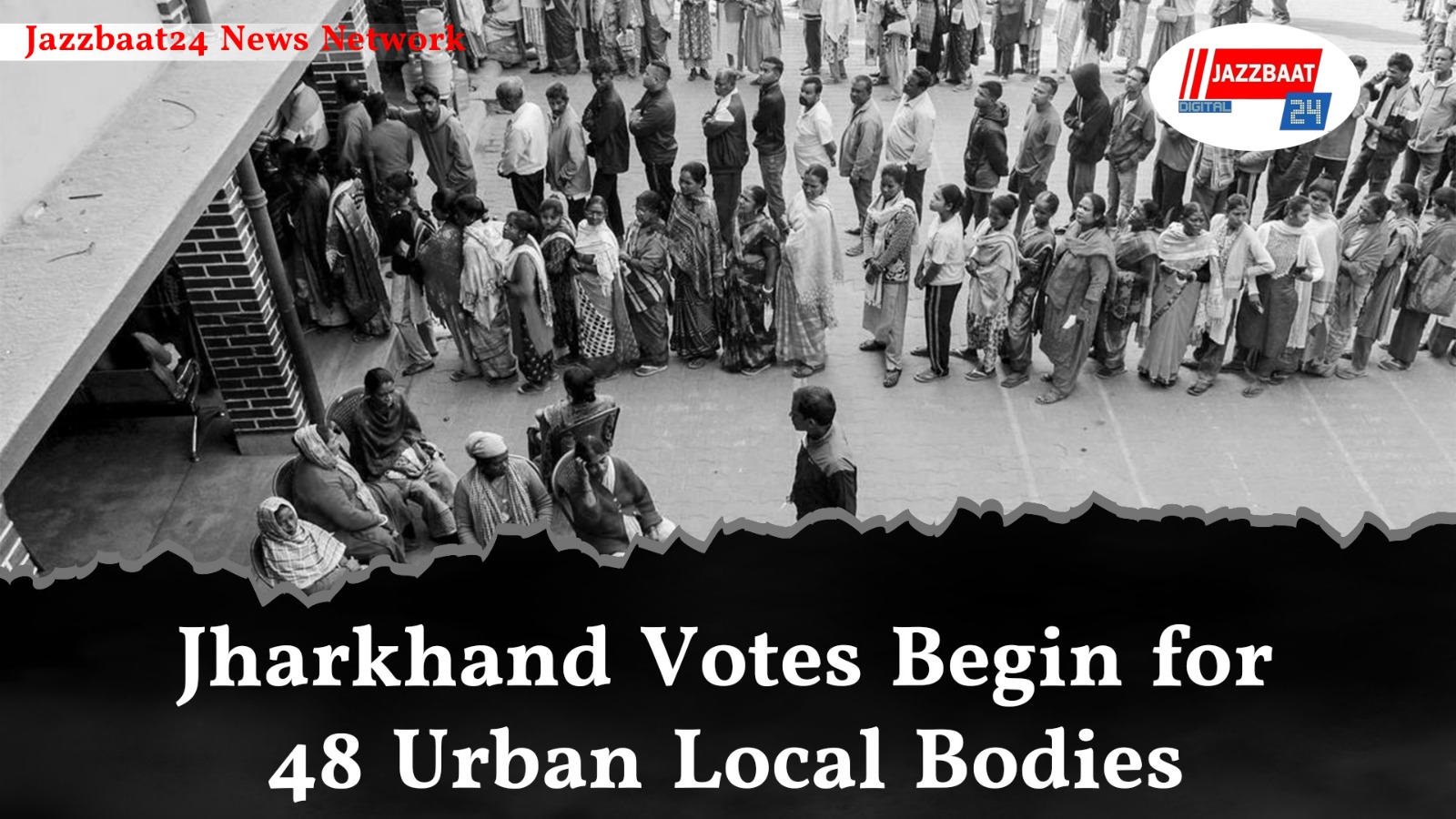Ghulam Nabi Azad, the leader of the Democratic Azad Party and former Chief Minister, praised the Sikh community on Sunday for its humanitarian work and willingness to protect the nation when necessary.
Azad told a group of the Sikh community that Jammu and Kashmir's genuine strength is the peace that reigns there.
He said that the Sikh community was the first to respond in times of border emergencies and enemy attack attempts.
The Sikh community has an unbreakable tie with the nation, and they have always made sacrifices to protect the interests of the country. They supported the interests of the country and paid with their lives, he remarked.
Azad claimed that whenever and whenever a community was in need, the community had also taken the lead in providing for those needs.
Sikhs were the first to respond with humanitarian aid for the in need, whether it was the COVID 19 emergency, the Earthquake in Kashmir, the 2014 Floods, or the Ukraine Russia war. Such deeds by a little town for the sake of humanity cannot be forgotten and will be recorded in human history with golden words, he stated.
He claimed that the nation honours the sacrifices made for it by many heroes.
Azad was informed by community representatives that the Sikh community is not represented in the current government.
They claimed that the government's treatment of them like stepbrothers has left them feeling excluded and dejected.
In addition to other significant and prominent forums, they wanted fair representation in the Minority Commission and the Public Service Commission.
Azad promised the community, however, that Sikhs would be an integral part of it if his party won power.
We cannot imagine administering the country without your proper representation if we win the next election. Our top priority is to create an inclusive government that represents all Jammu and Kashmir communities, he affirmed.
The group expressed entire confidence in Azad and his party and gave him their assurance that they would support him in any elections that might be held.





